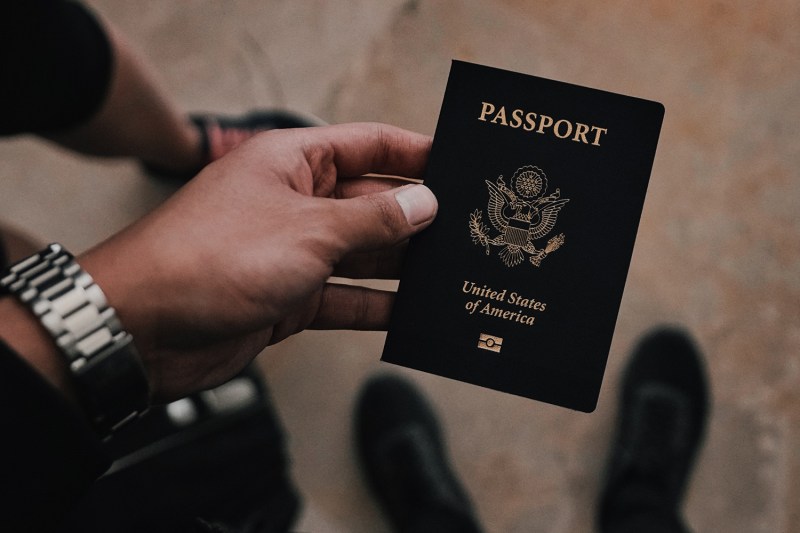The global pandemic has upended every aspect of our lives. Almost no facet of the world has changed and will continue to change more than travel. For domestic and international travelers, moving about the world will look very different for the foreseeable future. Travelers can expect increased scrutiny at airports, security checkpoints, and border crossings. Some destinations have already suggested instituting so-called “health passports” to screen potentially infected visitors. While it’s a great idea, in theory, there is a big catch.

The idea of health passports (also called “immunity passports”) is to provide foreign visitors with an official certificate confirming their immunity status. The process is simple. Upon entering a new destination, travelers would have their temperature taken and produce the virtual certificate on a smartphone to confirm their negative status. While the immediate need is to screen travelers for COVID-19, the concept could work just as well for other infectious diseases.
Digital health passports rely on antibody tests to determine whether a person is currently infected or has previously been infected. Unfortunately, the World Health Organization (WHO) has publicly stated that there is no evidence to suggest that anyone who has been infected and developed COVID-19 antibodies can’t be reinfected. The organization published a clear warning to governments considering immunity passports:
“At this point in the pandemic, there is not enough evidence about the effectiveness of antibody-mediated immunity to guarantee the accuracy of an ‘immunity passport’ or ‘risk-free certificate.’ People who assume that they are immune to a second infection because they have received a positive test result may ignore public health advice. The use of such certificates may therefore increase the risks of continued transmission.”
It’s clear that health passports aren’t yet ready for primetime. More research is essential before the technology can be mainstreamed. They are, however, just one way countries, governments, and airlines are coping with the rapidly changing COVID-19 situation. Last month, Emirates announced a pilot program to prescreen passengers using a rapid blood testing procedure at the Dubai airport. Similar programs could be rolled out at other airports in the near future. Almost every major airline around the world now requires passengers and employees to wear face masks. Many have also instituted stricter policies for things like carry-on baggage and in-flight services to limit interpersonal contact.
Several popular European destinations, including Greece, Sardinia, Capri, and the Balearic Islands in Spain, are toying with the idea of rolling out health passports. To date, the technology has yet to be implemented anywhere.
If you’re planning to leave the house, wearing a face mask is critical, no matter how far from home your travel plans will take you. Here’s where to buy the best face masks available right now.



